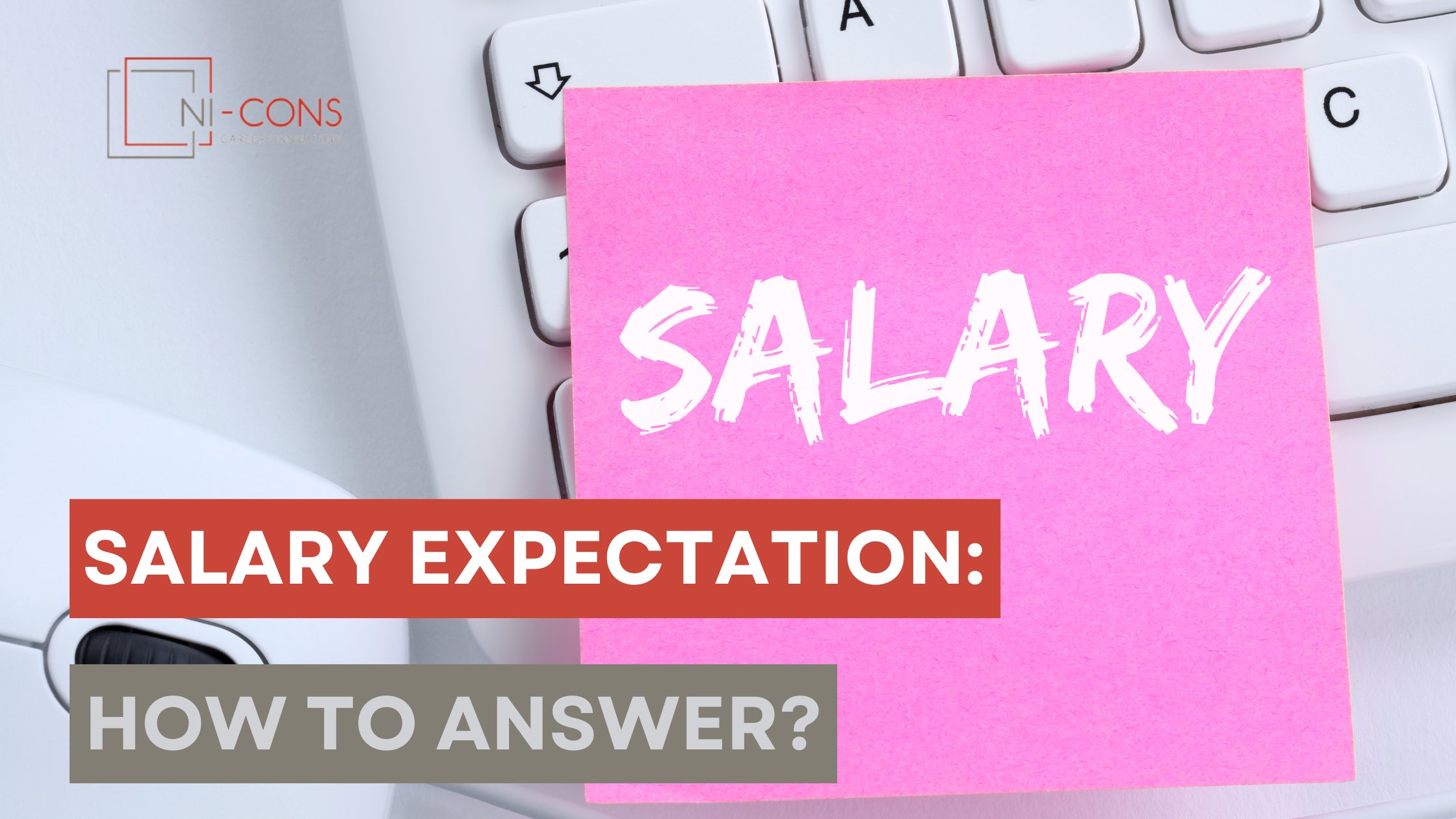
23 May Salary expectation: how to answer that question?
During a job interview, there are many questions a recruiter asks a candidate, but one, in particular, is always rather difficult: what salary do you expect?
Of course, the wage should always be indicated on the job offer, but often a range is given and not the exact amount. That’s why it’s always good to know how best to answer this question, which is very important for recruiters. In fact, their goal is to recruit the best possible profile with a salary level that can be covered by the company: it’s more of an investment than an expense, but it has to be a good investment.
So what can we refer to in the answer?
First of all, understand the industry and the company
Find about the industry in which the company operates, because salary levels can vary from one industry to another.
If you already work in the industry, you will have an advantage. Otherwise, if you are changing careers or are at your first work experience, do some market analysis and online research.
Then have a look at the company: have they hired more staff lately? Have profits increased? Again, you can do some research on the internet and find out more.
Last but not least, do some research about the job position. Salary may vary from one job to another in the same industry. The Internet can be the best resource to get more info about how much you could get paid.
Don’t forget anyway that companies can have a “remuneration package” that includes some benefits: so the wage might not be the one you were looking for, but with that package, it could be more than what you expected (flexible work, company vehicle, laptop etc).
Understand your professional value
When you have all the info about the industry, the company and the average salary for the profile they are looking for, think about what you can bring.
You have a study background that is certainly valuable, but more importantly, so is your professional experience and your soft skills. The latter two certainly have their own weight compared to the other candidates, especially if they are perfect for the job position: that’s something you can leverage (without overdoing it though).
So what can you answer?
The question about the desired salary opens up a possible negotiation, but it serves to tell the recruiter both whether you can value yourself and whether you are a down-to-earth person. Avoid giving a flat answer immediately with a desired gross salary, because that would be too far-fetched, and don’t give a possible price range because the company will tend downwards.
Make your answer rather interlocutory, as in: “Given the tasks and the responsibilities, I was thinking £40,000. Is this aligned with your budget?”. In this way, you will make it clear that you understand what you are expected to do and are open to negotiating (and you will have a chance to adjust your answer if it’s too high in the recruiter’s eyes).
Above all, never answer: “How much do you propose?” because – although it is a negotiation – we are not at the market’s stalls and the recruiter will realize that you don’t even know what your value is.
We hope we helped you in answering this somewhat critical question.
However, if you feel the need to have career consultants at your disposal for a career change,
remember that you can always contact us without any obligation!



